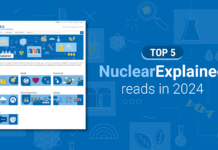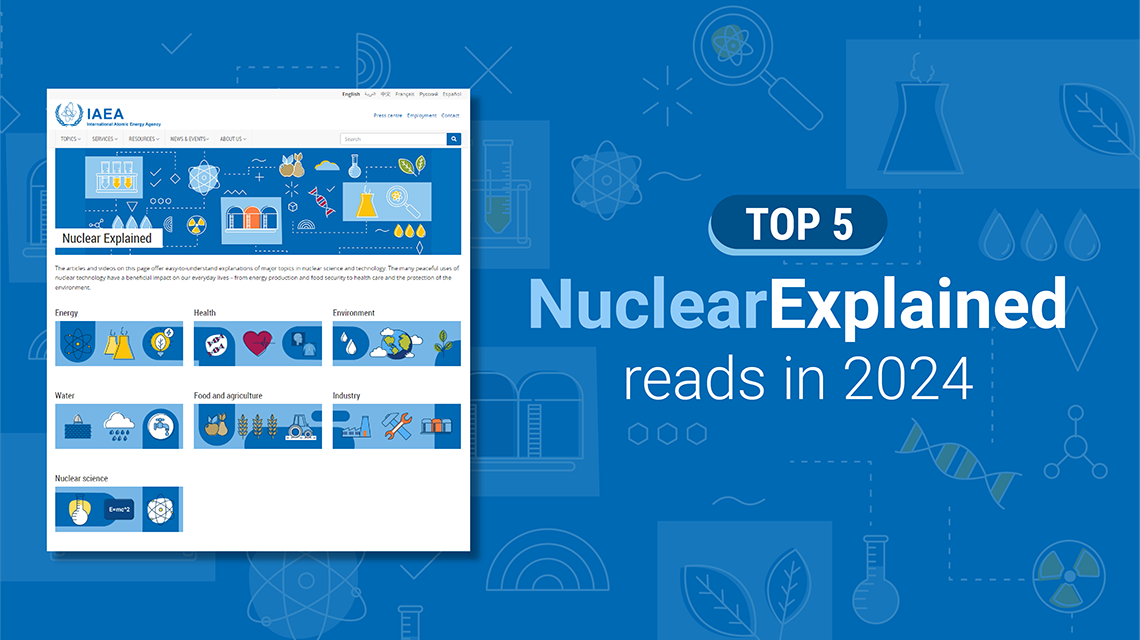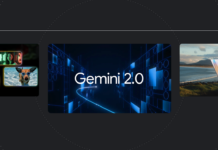Understanding Key Concepts in Nuclear Science: A Comprehensive Guide
The International Atomic Energy Agency (IAEA) has curated a series titled ‘Nuclear Explained,’ which aims to make complex nuclear-related topics more digestible for the general public. This educational initiative is particularly relevant as the world increasingly turns to nuclear science and technology for solutions to pressing global issues, such as clean energy production, climate change mitigation, and advancements in healthcare.
In this article, we delve into the IAEA’s top-explained topics for 2024, providing insights into how nuclear science can be leveraged for sustainable development and innovation.
1. Understanding Nuclear Energy
Nuclear energy has emerged as a pivotal component in the global strategy to achieve climate goals and reduce greenhouse gas emissions. As nations strive to meet these targets, the role of nuclear energy has become more prominent. In 2024, the IAEA, alongside the Government of Belgium, hosted the inaugural Nuclear Energy Summit in Brussels, highlighting the critical role of nuclear energy in sustainable development. Additionally, the IAEA revised its nuclear electricity generation projections upwards for the fourth consecutive year, underscoring the sector’s growing significance.
For those unfamiliar with nuclear energy, it involves harnessing the power released from atomic nuclei through processes such as fission or fusion. This energy can be used to generate electricity with minimal carbon emissions, making it an attractive option for countries seeking to decarbonize their energy sectors. The IAEA’s comprehensive overview of nuclear energy can be explored further in their article, available here.
Moreover, the concept of Small Modular Reactors (SMRs) is gaining traction as a flexible and scalable solution, offering potential benefits such as enhanced safety features and reduced construction times. The IAEA’s bulletin, ‘Net Zero Needs Nuclear,’ elaborates on the integral role that nuclear technology plays in achieving a carbon-neutral future.
2. The Concept of Blue Carbon
Blue Carbon refers to the carbon captured and stored by coastal ecosystems, such as mangroves, salt marshes, and seagrass beds. These ecosystems play a crucial role in the ocean’s carbon cycle by sequestering large amounts of organic carbon and storing it for extended periods, thereby helping to mitigate climate change. Additionally, they offer protective benefits to coastal areas, reducing the impact of erosion and rising sea levels.
Nuclear and isotopic techniques are employed to measure the accumulation rates of organic carbon in marine sediments. This scientific approach enhances our understanding of the ocean’s carbon cycle and the significance of Blue Carbon in tackling climate challenges. To explore this topic in greater depth, visit the IAEA’s resource on Blue Carbon here.
3. What Is Radiation?
Radiation is a natural part of our environment, with common sources including sunlight and household appliances like microwave ovens. While most radiation is harmless, exposure to high doses can pose health risks. Despite these risks, radiation has numerous beneficial applications across various fields.
In medicine, radiation is crucial for procedures such as cancer treatment and diagnostic imaging. It also plays a role in generating clean electricity through solar and nuclear power and is utilized in agriculture for developing new plant varieties, as well as in industry for creating advanced materials.
Different types of radiation exist, each with specific uses and safety measures. Understanding how to harness radiation safely and effectively is vital for maximizing its benefits while minimizing risks. For a comprehensive exploration of radiation and its applications, visit the IAEA’s detailed article here.
4. Exploring Isotopes
Isotopes are variations of atoms that have the same number of protons but different numbers of neutrons. These differences can make isotopes stable or unstable. Unstable isotopes, known as radioisotopes, emit radiation and have significant applications in various fields.
In environmental science, isotopes are used to study water resources and pollution patterns. In agriculture, they help trace the geographical origins of food. In medicine, radioisotopes are integral to imaging and diagnostic procedures.
The IAEA provides an in-depth explanation of isotopes and their diverse applications, which can be accessed here.
5. Understanding Radiopharmaceuticals
Radiopharmaceuticals are specialized drugs that contain radioisotopes and are used for diagnostic and therapeutic purposes in medicine. These compounds can generate detailed images of cancerous cells and are used to scan organs such as the brain, heart, and kidneys. They also play a role in treating conditions like cancer and hyperthyroidism.
If you’re interested in the intersection of nuclear science and medicine, the IAEA’s explainer on radiopharmaceuticals offers valuable insights into their development and use. Learn more about this topic here.
The IAEA’s ‘Nuclear Explained’ series provides a wealth of information for those interested in the applications and benefits of nuclear science. For additional resources, including articles, videos, and podcasts, you can explore the series here.
By breaking down these complex topics, the IAEA aims to foster a better understanding of nuclear science’s potential to address global challenges, driving forward sustainable development and technological innovation.
For more Information, Refer to this article.



































